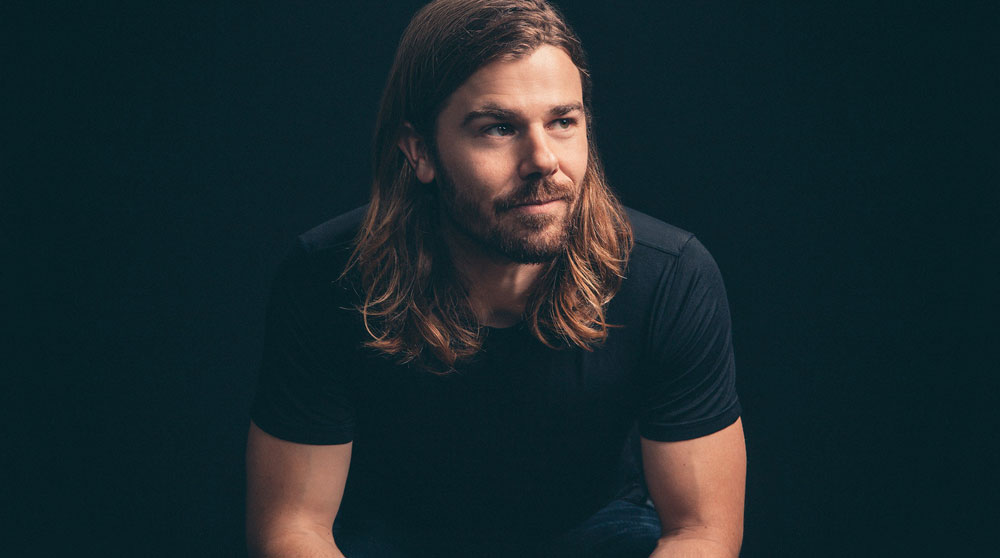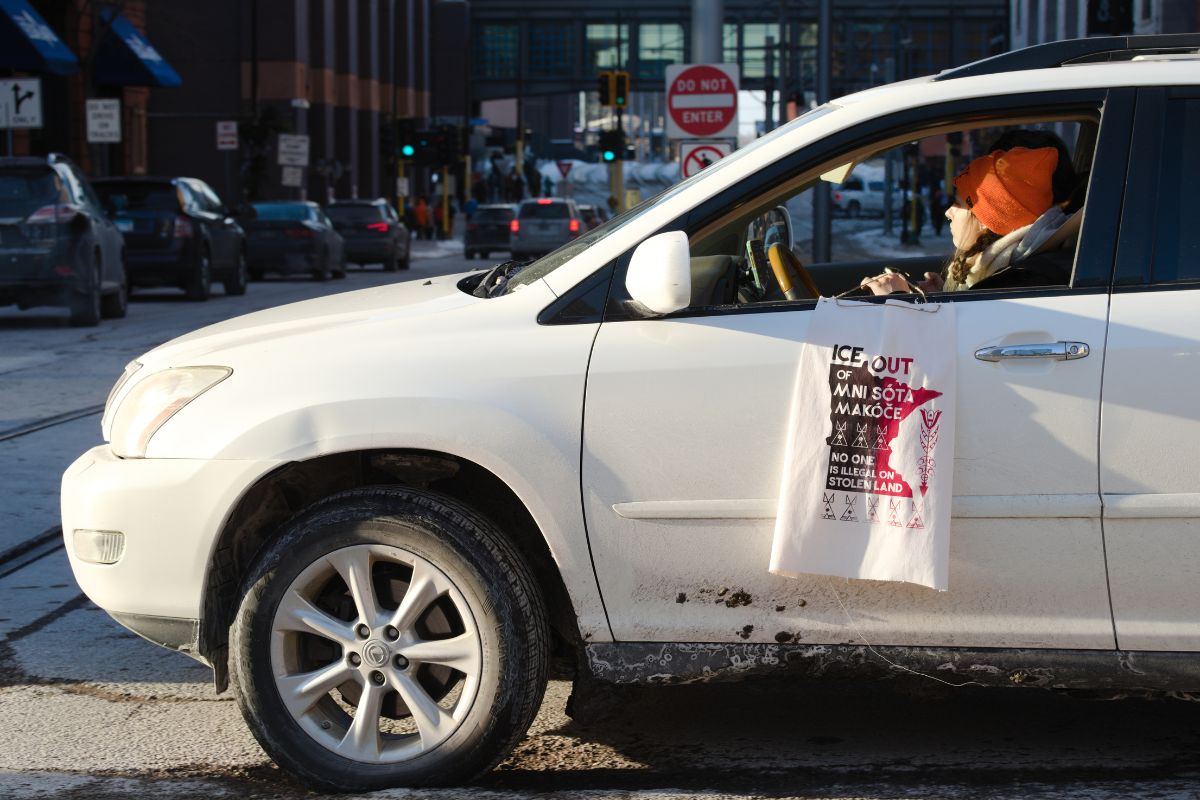
March 2, 2020; CBC Radio
Dan Price, the CEO of Gravity Payments in Seattle, Washington, says he is happier than ever since he slashed his own salary from $1.1 million to $70,000 five years ago and raised the minimum annual salaries of his staff to the same $70,000 level. The sour note in the whole scenario, he says, is that others have not followed suit.
“I can’t really fully declare it a success,” he says, “because in the five years since we’ve implemented our living wage program, income inequality, wealth inequality, and just the disparity of power between the wealthiest and the most powerful and everybody else has continued to grow in an alarming way.”
Price says he’s had to curtail some excesses since he lowered his own salary, but he tells CBC Radio, “I don’t miss those other things. It’s way better for me to be part of a system where people are having their needs being met, even if I have less.”
And he does have less, according to a 2015 report in Inc. Magazine:
Sign up for our free newsletters
Subscribe to NPQ's newsletters to have our top stories delivered directly to your inbox.
By signing up, you agree to our privacy policy and terms of use, and to receive messages from NPQ and our partners.
Price isn’t backing down about pay going up. Now he’s going all in. He revealed to Inc. that he has sold all his stocks, emptied his retirement accounts, and mortgaged his two properties—including a $1.2 million home with a view of Puget Sound—and poured the $3 million he raised into Gravity. As majority owner, he is not exactly penniless. But if Gravity fails, so does Price.
“Most people live paycheck to paycheck,” he says. “So how come I need 10 years of living expenses set aside and you don’t? That doesn’t make any sense. Having to depend on modest pay is not a bad thing. It will help me stay focused.”
At the time, there was a huge backlash to what some quarters saw as cultural heresy. Rush Limbaugh called him a communist, his brother and co-founder sued him, and a couple of senior Gravity employees quit in protest over what they saw as unjustifiable raises. They felt that such largess would simply make for a lazy workforce but apparently the opposite is true. Rosita Barlow, director of sales says everyone is working hard. “When money is not at the forefront of your mind when you’re doing your job, it allows you to be more passionate about what motivates you,” she says. Meanwhile, not only has the company grown, but his employees are doing things that were previously out of reach—buying homes, starting families, and paying down their debts.
Price says a colleague suggested that if he did business in a more traditional way, he could become rich and dole out money philanthropically. “He’s telling me that the world needs another billionaire philanthropist, and I just don’t know if that’s the case. Because we’ve been relying on billionaire philanthropists for so long, and I don’t really think that’s working out very well for us.”
“I think we need to have, you know, kind of more of a justice and integrity engineered and designed into our system. I think we need to have companies where, you know, people are taking care of and given opportunities. And so that’s more intriguing to me than trying to become a billionaire, competing with [Facebook CEO] Mark Zuckerberg or [Amazon CEO] Jeff Bezos on the Forbes list.”—Ruth McCambridge












